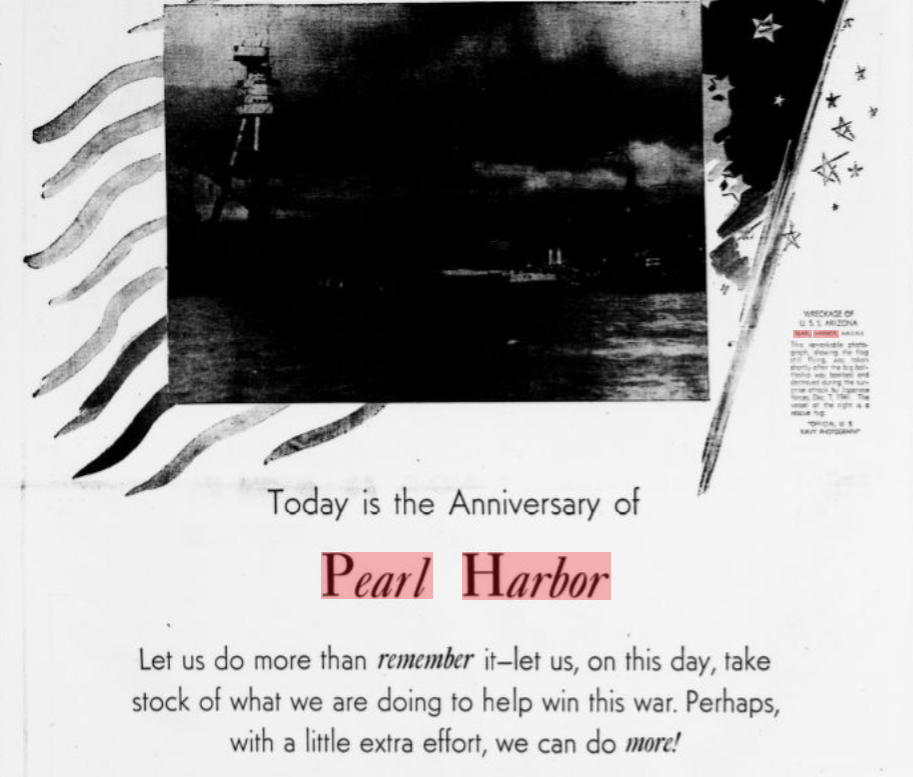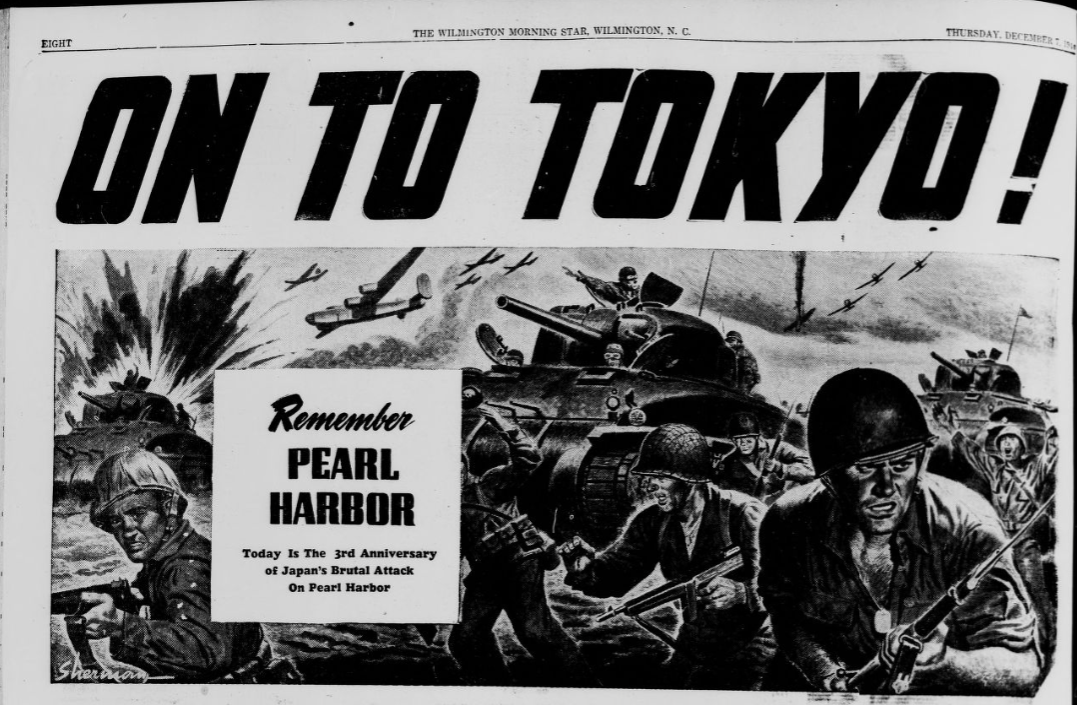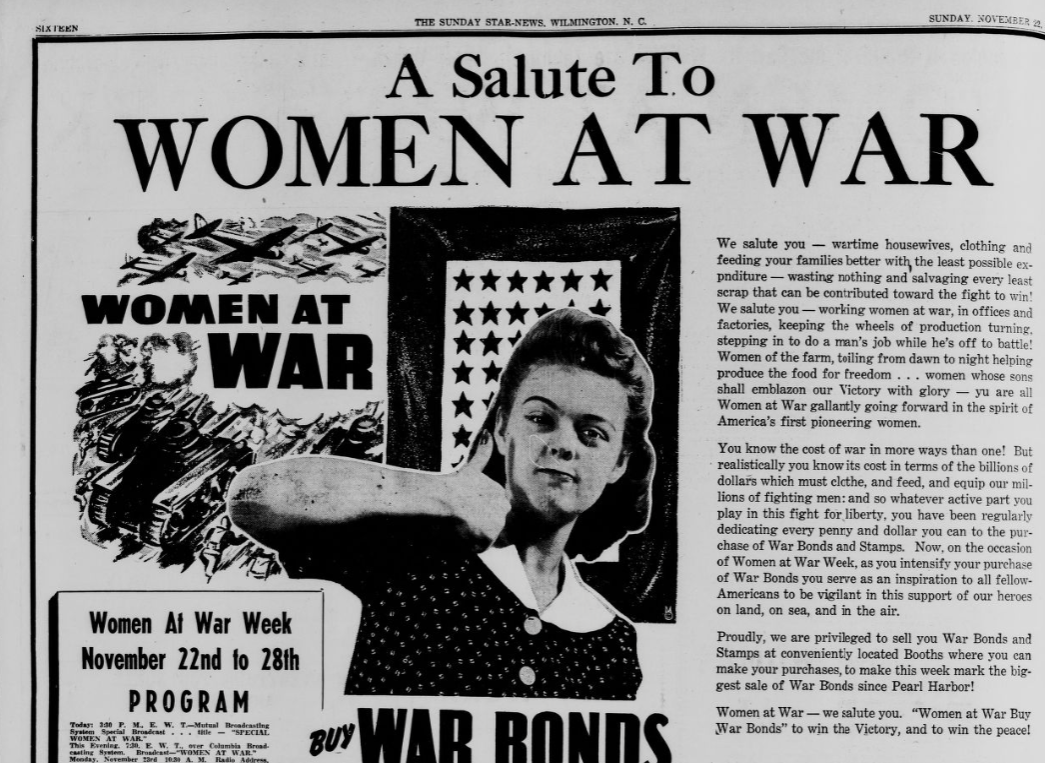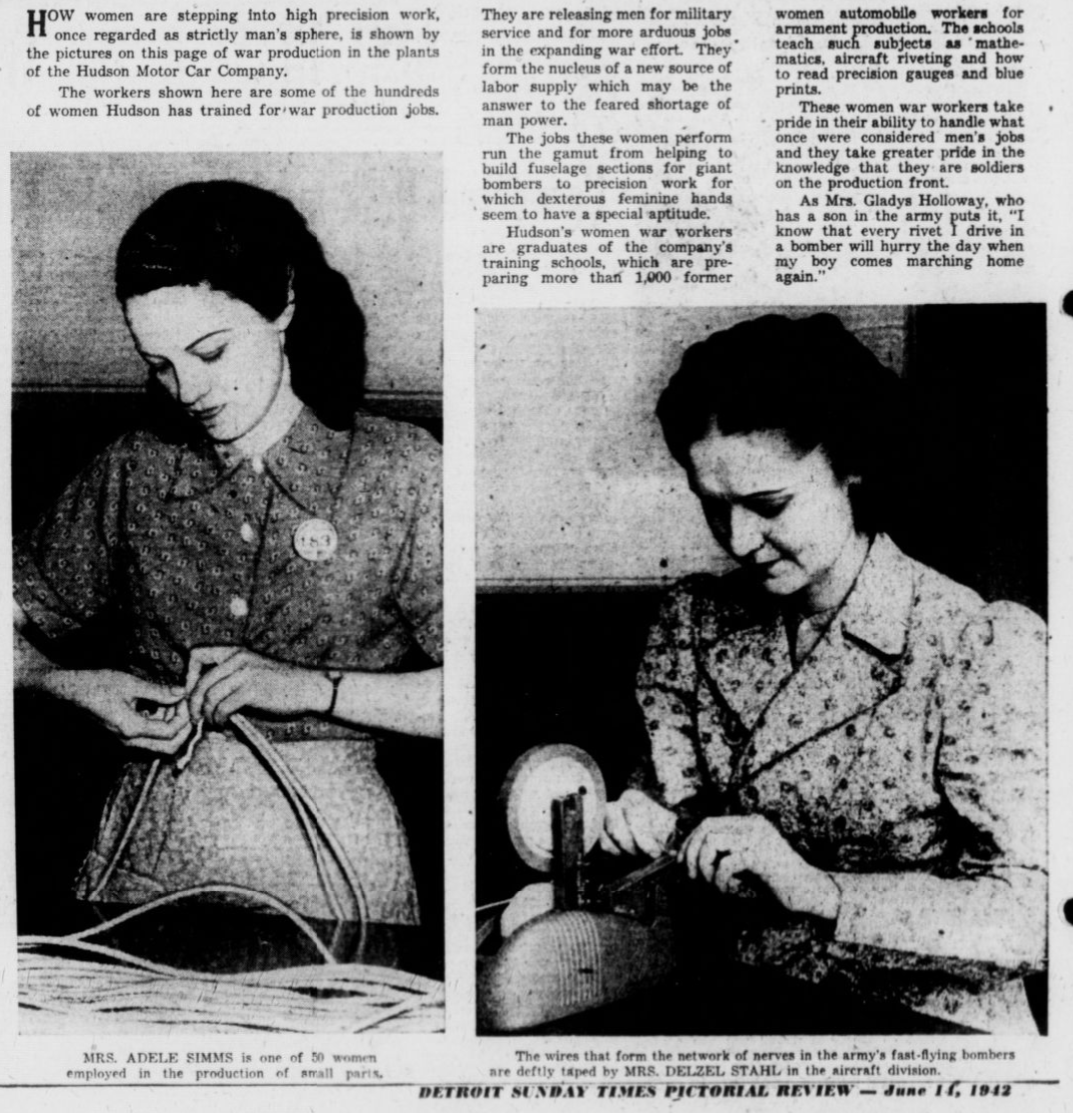Introduction
Throughout early American history, the country took a relatively neutral stance concerning international military conflicts, occurring in Europe and Asia. Nevertheless, this perspective changed drastically after the surprise Japanese attack on Pearl Harbor on December 7, 1941 (Brody 5). The Japanese operation without a declaration of war shook the whole country, making the United States side with the Allied forces in World War II (Brody 5). Thus, the previously neutral country entered the conflict, forever changing the image and presence of the United States in the international arena. Ultimately, the Pearl Harbor attack was one of the first warning signals for America concerning the magnitude of World War II, causing a substantial social response and making the United States take more decisive action.
Pearl Harbor Implications
The Pearl Harbor attack was one of the pivotal moments in American history primarily due to its political importance. Compared to many conflicts in World War II, the number of casualties in Pearl Harbor was relatively low – 2,403 people killed, including civilians (Brody 150). On the other hand, Japan had minimum losses of approximately 55 soldiers and 30 units of aircraft (Brody 150). In other words, it was a swift victory of the Japanese forces, allowing the country to stabilize its position and expand its influence in the Pacific (Brody 150). The primary reason for the American defeat, despite the vast superiority in numbers and technological advancement, was the element of surprise. The isolationist politicians actively supported the country’s neutral stance, rejecting any possibility of the Nazi or Japanese attacks (Brody 135). Despite the general knowledge of Japanese aggression in the previous decades and the American embargo, the United States was still hesitant to fortify the defenses in the Pacific (Brody 141). Thus, the loss of Pearl Harbor was an influential military and political defeat that changed the perspective of the country on World War II.
Day of Infamy and Social Response
The attack on Pearl Harbor had immense implications on the political status of America; however, the social response was arguably the most notable consequence. On December 8, 1941 – the day after the attack – Franklin D. Roosevelt declared war against Japan and rallied the American people in his famous speech “Day of Infamy” (Jamero 110). The president addressed the unacceptable Japanese aggression and promised that the day of attack would always “live in infamy” (Brody 149). The speech caused a vast social resonance, leading to a national mobilization, assertive anti-Japanese movements, and commemoration of Pearl Harbor’s casualties (Jamero 110). Thus, the attack on Pearl Harbor, which seemingly gave Japan a military advantage, ultimately led America to join the Allied forces and become one of the core reasons for the Nazi defeat.
Furthermore, the operation became a symbol of American dignity and reminded people of military sacrifices that should never be forgotten. The newspapers of the time transparently demonstrate the conviction of the American people to avenge the defeat and prove the status of the United States as a global superpower (see fig. 1 and fig. 2):


The press marked each anniversary of the catastrophic event and further rallied the people, resulting in the increased productivity of the whole nation. As a result, the “Day in Infamy’ speech and consequent propaganda were the primary reasons for such a fast and vivid response to Japan’s aggression.
Social Mobilization
Roosevelt’s speech had an immense impact on the public image of World War II and Imperial Japan, leading to social mobilization. Thousands of people migrated to more urban areas to help in the factories with the production of both military and civilian needs (Jamero 111). The common threat united the people of America and caused a significant shift in the social standings of various demographic roles (Jamero 111). For instance, since many men became eligible for military action, women replaced them in multiple occupations (Jamero 111). As a result, the role of women in a still relatively conservative society shifted from being housewives to reliable workers providing for the nation (Jamero 111). Consequently, the media praised the hardworking women who quickly adopted the harsh physical labor activities for the sake of the country (see fig. 3 and fig. 4):


As seen from the newspapers, the media highly praised women for adopting male-dominated jobs and contributing to the national military success. Detroit Evening Times explained, “these women war workers take pride in their ability to handle what once were considered men’s jobs” (“Women Keep’ Em Moving” 6). The consequences of Pearl Harbor included not only the mobilization of the whole nation but also a social role shift, which was necessary at the time of war. Ultimately, the Pearl Harbor attack was a pivotal moment in American history that signified the nation’s entrance into the international arena.
Heritage of Pearl Harbor
Even today, people commemorate the catastrophic event and perceive the attack on Pearl Harbor as one of the most significant military events in American history. The memorials, including the USS Arizona Memorial and the USS Missouri Memorial, have become sites of immense historical and cultural value (Waterton 237). Furthermore, the commemoration of the Pearl Harbor event has also acted as a sign of restored friendship between America and Japan (Yaguchi 35). In 2016, Japanese Prime Minister Abe met with Barack Obama in Pearl Harbor to pay his respects and discuss the future cooperation between the countries (Yaguchi 35). The Pearl Harbor operation greatly affected the American nation, and many people lost their families and friends during the attack. However, it is essential to perceive the event and the memorials as monuments to peace and reminders of wars’ terrible consequences. In this sense, the annual commemoration of notable historical events and cooperation between the national leaders are necessary to create long-lasting peace.
Conclusion
The raid on Pearl Harbor on December 7, 1941, was a pivotal moment in American history, which shaped the military stance of the nation in the 20th century. The country shifted from a neutral perspective to an assertive position in World War II, turning into an international superpower and helping the Allied forces to resolve the conflict. One of the reasons for the ultimate success of the nation was the swift response and vast social resonance caused by the famous ‘Day in Infamy’ speech by Roosevelt. It rallied millions of Americans, proved the necessity of interference in the war, and even caused a social role shift, narrowing the gap between the gender responsibilities. Ultimately, the defeat in Pearl Harbor united the nation in the face of Nazi danger, making it one of the most notable military events in American history.
Works Cited
“A Salute to Women at War.” The Wilmington Morning Star, 1942, Web.
Brody, Kenneth. Crucible of a Generation: How the Attack on Pearl Harbor Transformed America. Routledge/Taylor & Francis Group, 2018.
Jamero, Monica. “Rosie the Riveter and the Mobilization of Social Change.” The Chico Historian, vol. 28, no. 11, pp. 110-115.
“On to Tokyo.” The Wilmington Morning Star, 1944, Web.
“Today is the Anniversary of Pearl Harbor.” Evening Star, 1942, Web.
Waterton, Emma. “Memorialising War: Rethinking Heritage and Affect in the Context of Pearl Harbor.” The Routledge Handbook of Memory and Place, edited by Sarah De Nardi et al., Routledge/Taylor & Francis Group, 2020, pp. 237-248.
“Women Keep ‘Em Moving.” Detroit Evening Times, 1942, Web.
Yaguchi, Yujin. “Reorienting Pearl Harbor Memories: From Antagonists to Allies, Prime Minister Shinzo Abe’s Reorientation of the USS Arizona Memorial.” Change Over Time, vol. 9, no. 1, pp. 34-47.